 It’s when they buy a mattress, “Sealy Posturepedic, Mom. And a frame, and I got sheets….” That’s when you know: they’re really leaving home this time.
It’s when they buy a mattress, “Sealy Posturepedic, Mom. And a frame, and I got sheets….” That’s when you know: they’re really leaving home this time.
The sob-fest starts. It almost feels like grieving again although this is good news. For him. He’s so excited, “Mom, I leave Tuesday.” I’m happy for him, and very proud, but my heart is a cracked egg.
When he next lands in town, he’ll only be visiting and it’ll be on a round-trip ticket with a predetermined disappearing-date. It won’t be some temporary flight of adventure where, with maybe an hour’s notice he’s gone who-knows-where, and suddenly sometime later – surprise phone call in the middle of the night, “Mom, you locked the door. I’m here, can you let me in,” he’s found his way home, his mission ended or the money ran out. No, from now on when it’s time to go home he’ll scurry towards his own place, far away, where he’s parked his own mattress that he bought himself with 12-month zero-percent in-store financing and free delivery. Where beer cans and pizza boxes grow in the kitchen corner because he hasn’t figured out yet that someone has to remove and recycle them periodically. Where he thinks, at last he’s gonna get a pet pit bull.
No more of those soaring times when I cancel out on girls’ movie night, “sorry, my son’s grilling steaks tonight.” No more finally falling fast asleep after I hear him slip into the house safely at 2AM. And the exquisite elation of being needed, “Mom, I locked my key in the car,” or “Mom, is there anything in the house to eat?” No more. It didn’t matter how early or late or inconvenient, I will miss those times.
Okay. Big breath. Get centered. It’s not like he’s going to Syria. He got a job. Everyone with kids eventually goes through this. Empty-nest syndrome. It’s just a little harder for me, maybe, having “lost” one.
If I’m lucky, I’ll get an occasional phone call. But I don’t remember calling my own mother when I left home. Not until I became a mother myself did I even consider she might be anything other than thrilled when the house emptied out. And Mom always said, “You should have one just like you.” Sigh.
He left for his new home before he could eat the pear I’d saved for him, nursed for days to perfect ripeness. Seeing that prized pear sitting alone, uneaten, triggered a major meltdown. And when I finally stopped sobbing, there was nothing to be done but devour the pear myself. And phone my mother.
Please remind me, what’s so wonderful about Mothers Day?
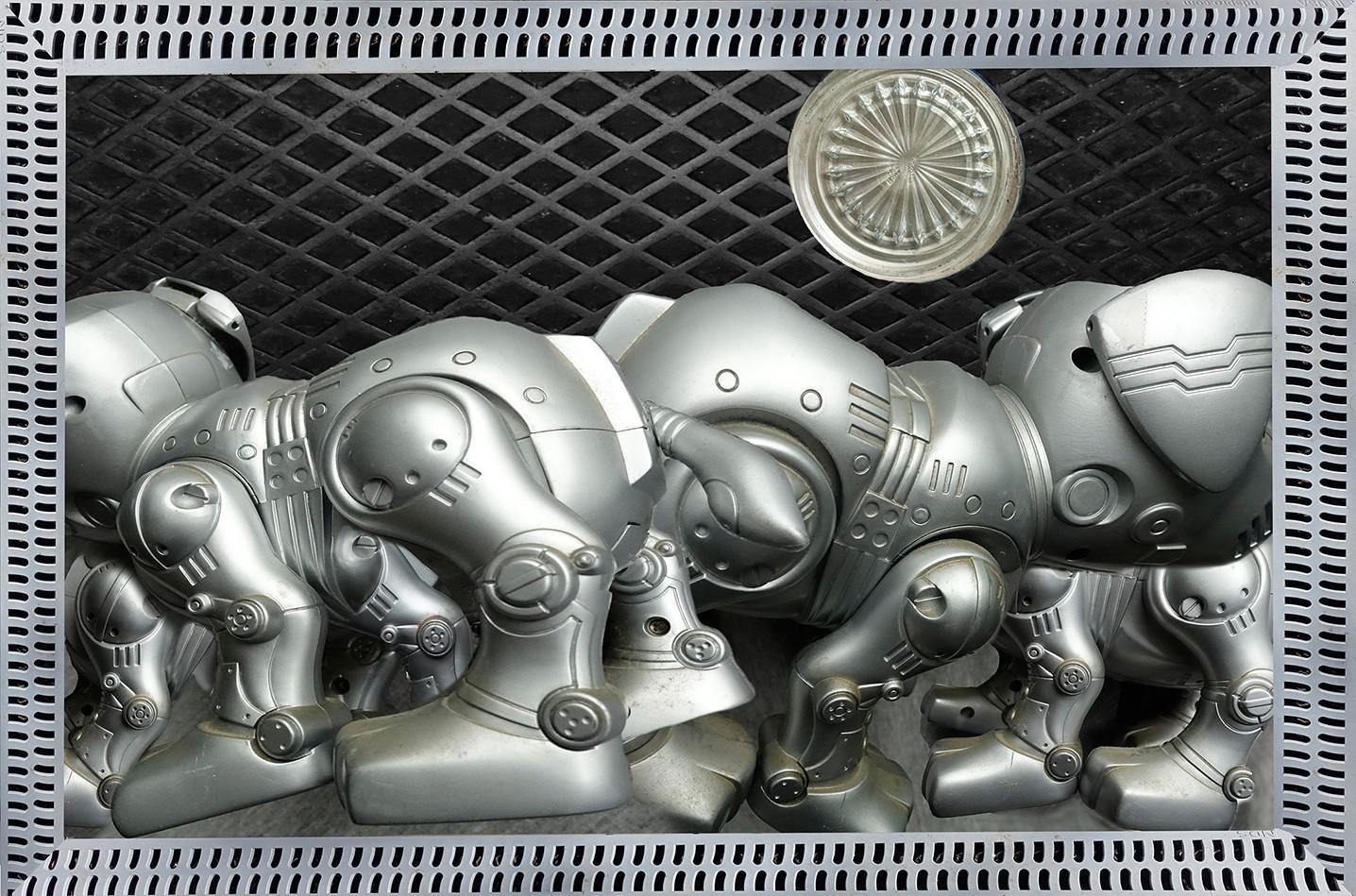
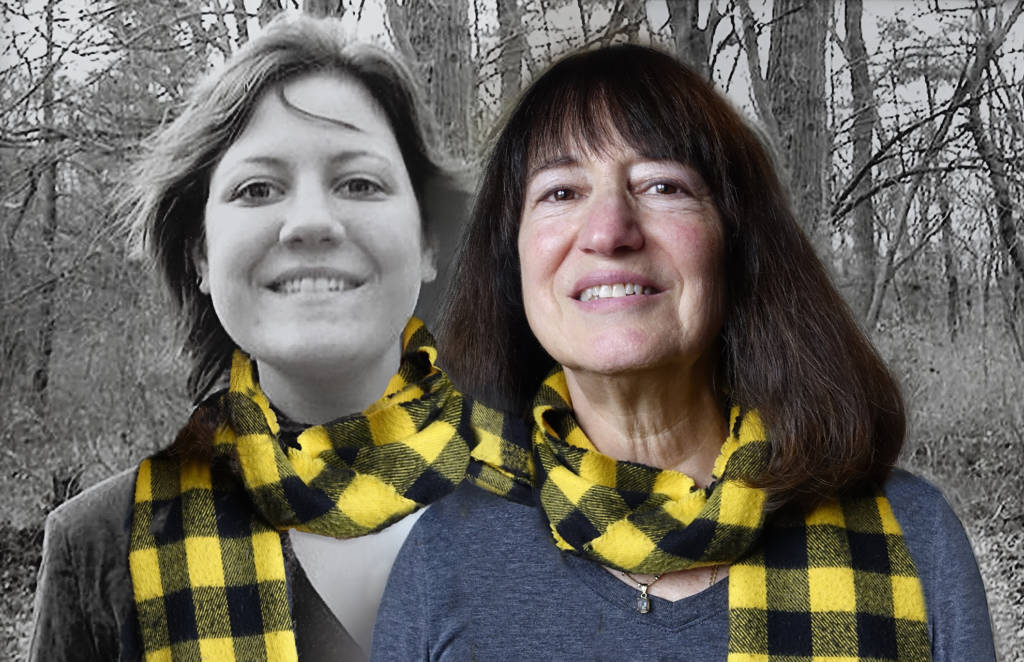
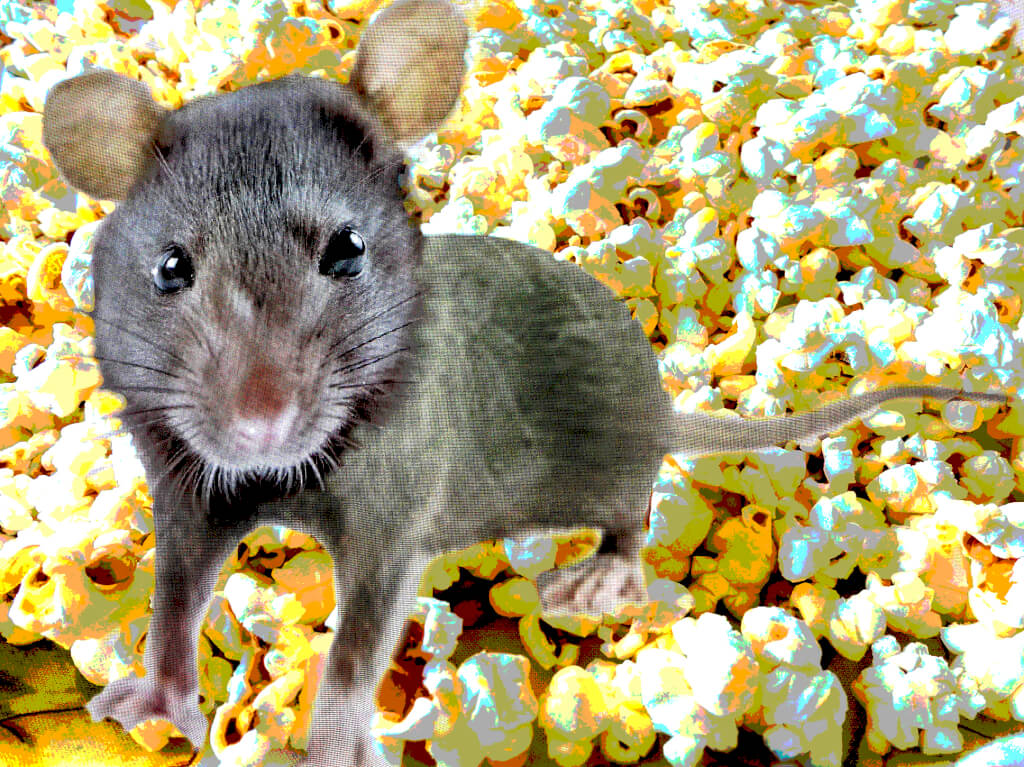
 It’s when they buy a mattress, “Sealy Posturepedic, Mom. And a frame, and I got sheets….” That’s when you know: they’re really leaving home this time.
It’s when they buy a mattress, “Sealy Posturepedic, Mom. And a frame, and I got sheets….” That’s when you know: they’re really leaving home this time.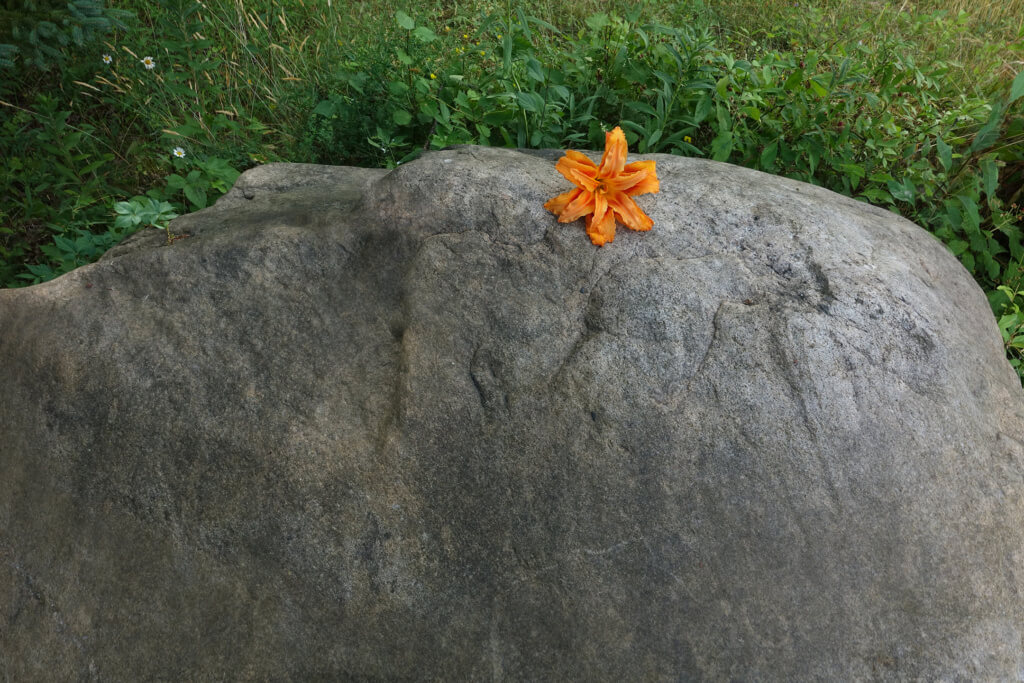 “Another boulder,” I hooted, as Excavator #5 dislodged a large mud-covered rock. That made four. Four boulders now sat in my yard. Solid. Substantial. They would outlast me by eons, hanging out on this land forever.
“Another boulder,” I hooted, as Excavator #5 dislodged a large mud-covered rock. That made four. Four boulders now sat in my yard. Solid. Substantial. They would outlast me by eons, hanging out on this land forever. 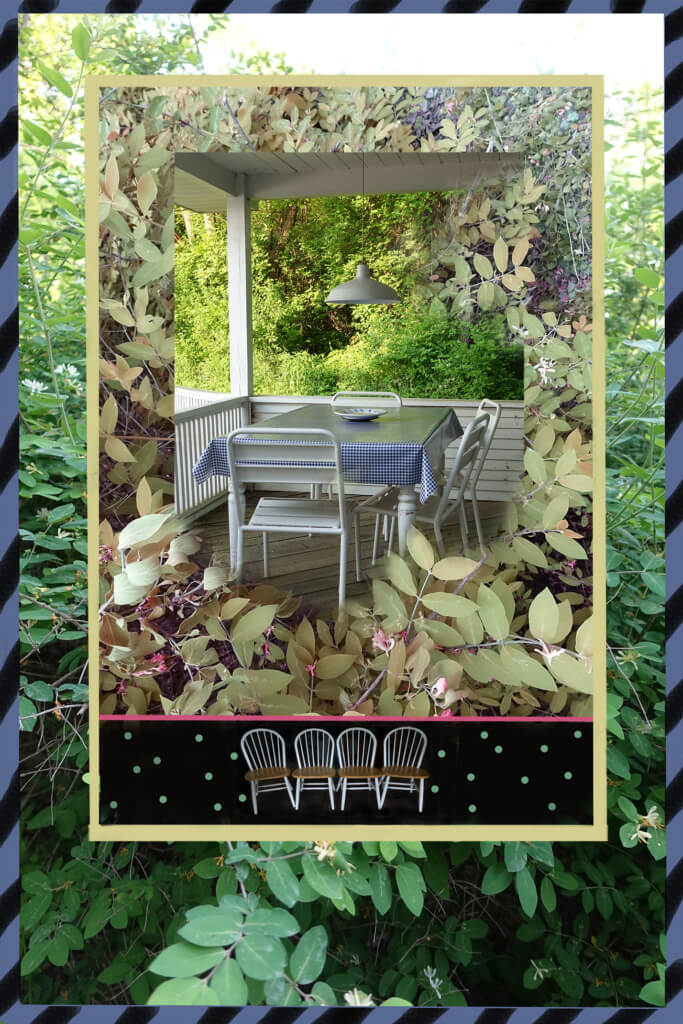 They’re just beat up old chairs, I told myself, wiping away tears as I stuffed the deck chairs into my car. The white Windsor-back chairs had once been part of my prized dining room set. Then, years ago, they were relegated to the deck where we grilled steaks on hot summer evenings, and draped the chairs with towels while we swam in the pond below. Sometimes the kids dragged the chairs off the deck for campfires, and assembled
They’re just beat up old chairs, I told myself, wiping away tears as I stuffed the deck chairs into my car. The white Windsor-back chairs had once been part of my prized dining room set. Then, years ago, they were relegated to the deck where we grilled steaks on hot summer evenings, and draped the chairs with towels while we swam in the pond below. Sometimes the kids dragged the chairs off the deck for campfires, and assembled